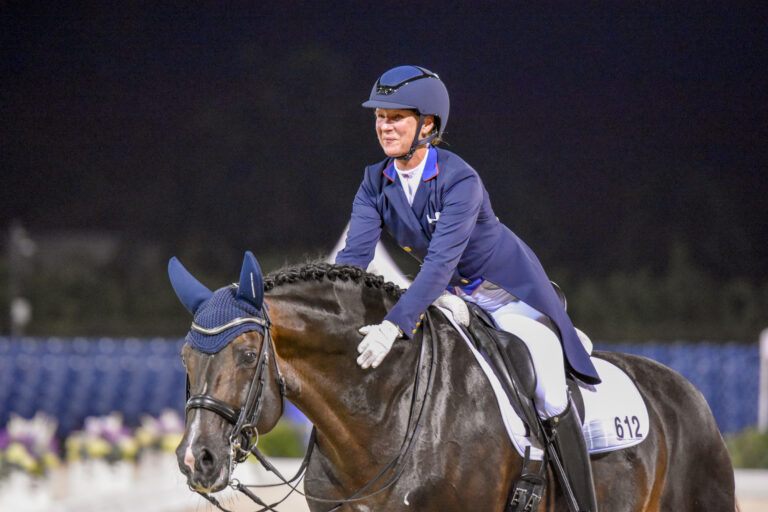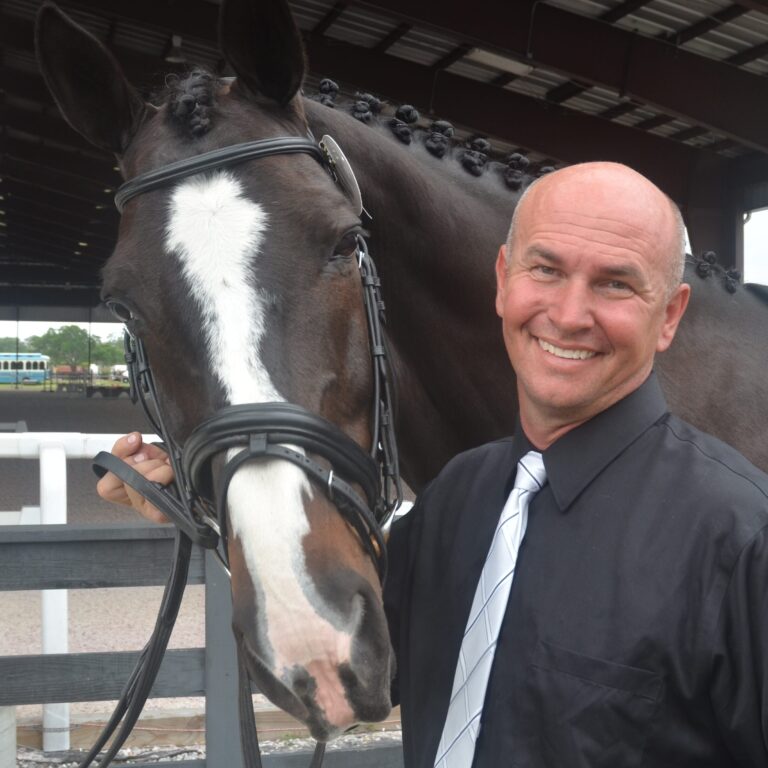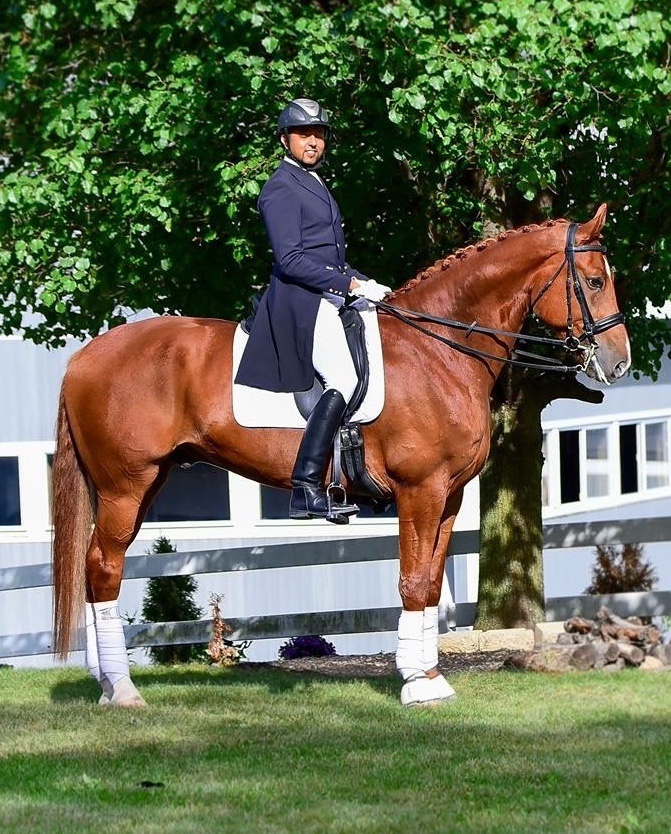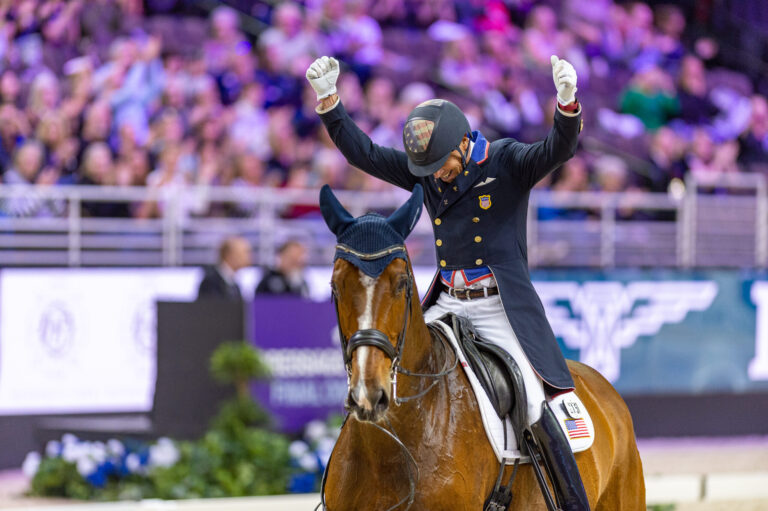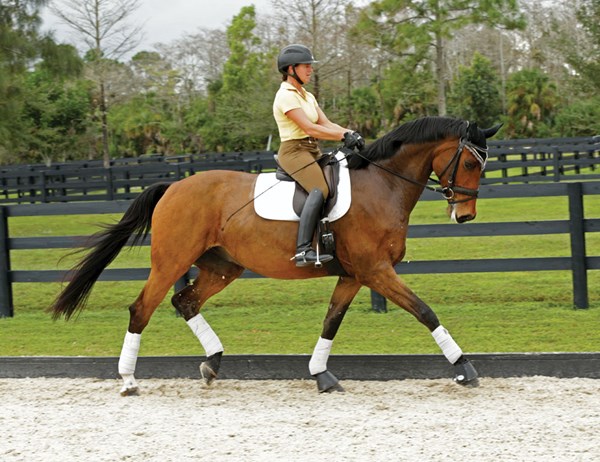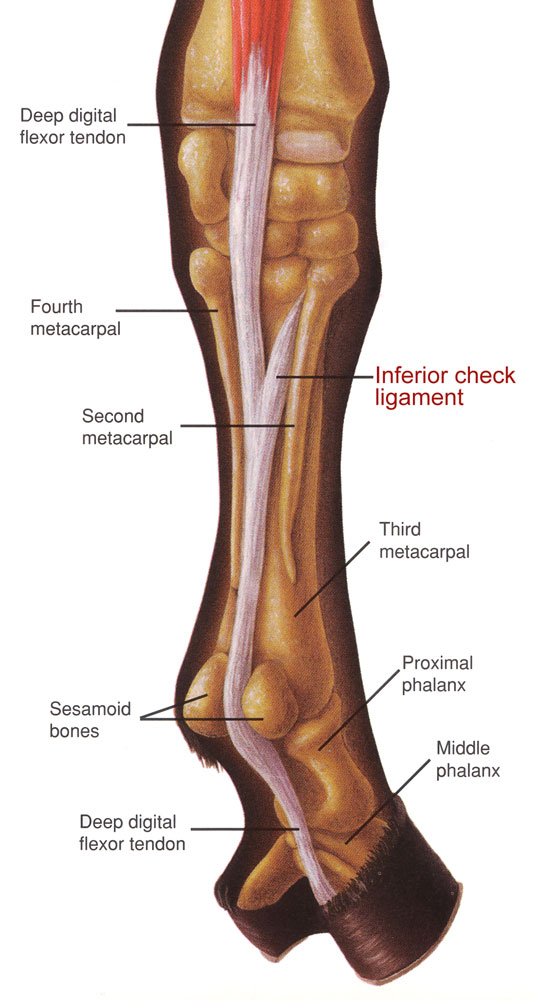There are a lot of articles circulating about how to be a good working student or a good junior trainer, but there is very little guidance for people on the other side of the trainer-client relationship.

Here are some tips that can help you build a healthy, lasting relationship with the professional dressage trainer in your life:
1. Pay your trainer fairly for her time, pay on time, and avoid complaining about it. Nobody gets into training horses to become wealthy, so while training may seem like a luxury to you, it’s how your trainer puts food on the table.
2. Be punctual. Your trainer’s time is valuable, and students probably ride after you. If you make her late, her other students may have to wait, and this inconveniences everyone.
3. Keep your appointments. If you can’t make your training session, give plenty of notice. Obviously, emergencies happen, so if you can’t give 24 hours’ notice, pay for the lesson. Most doctors and other professionals have a fee they charge for last-minute cancellations, and your trainer is a professional like everyone else.
4. Respect your trainer’s time. If your lesson is 45 minutes, when your allotted time is up, thank your trainer for their time and let them go about their day. If the two of you are working on a tricky issue and it needs a few more minutes, be grateful for the extra help, and don’t be resentful if your next lesson is a few minutes shorter.
5. Do your best to follow the trainer’s instructions. If she tells you your left leg has slipped forward, don’t tell her it hasn’t! She can see what’s going on with your body much more clearly than you can feel it. Similarly, if your trainer tells you to do something (like lean your torso back), don’t tell her you can’t. Give it an honest try. If there’s a medical issue hindering your performance, this is a legitimate issue, but, ideally, you would have disclosed this at the beginning of your working relationship.
6. Do not expect your trainer to be a psychic or a therapist. If you didn’t disclose your medical challenges upfront, it’s not your trainer’s fault for not addressing your issues. Similarly, if you have riding-related anxiety or phobias, disclose them, but don’t expect professional mental health services from your trainer. It’s not what they are licensed to do, and it’s an unreasonable expectation. If you need something from your trainer that you aren’t receiving (such as equal attention in a shared lesson with another rider or more clear instructions), then be sure to communicate.
7. Have realistic expectations for yourself. Your trainer may be brilliant, but trainers are mortals, not miracle workers. No trainer can take you to the Olympics after 30 days of training. You can’t get full-time results with part-time effort. If you can only ride two days per week, be realistic about what this means for your progress as a rider.
8. Have realistic expectations for your horse. Your horse can’t go from Training Level to Fourth Level in a summer. Also be realistic about his conformation and talent, and don’t push him past what he’s physically capable of. It’s unfair to expect your trainer to teach your horse to do something he can’t achieve.
9. If you borrow anything from your trainer, clean it after use, and return it promptly to its appropriate place. In most circumstances, trying things for a short time is fine, but if it becomes clear your horse needs the gear, purchase it yourself so you don’t become an imposition.
10. Listen to your trainer’s advice on additional care. If they give you suggestions about other areas of your horse’s care (veterinary, farrier, etc.) odds are good that they have your horse’s best interest at heart and are trying to make your experience together a positive one. These positive things often cost money, and you should be prepared to spend it, within reason. They have years of experience and have probably seen very similar situations before, so trust their best judgment for you and your horse.
Following these tips can help promote a trainer-client relationship built on mutual trust, respect and positive communication. As in any relationship, being proactive about your needs goes a long way toward reducing frustration and improving satisfaction for everyone involved.
Elizabeth R. Busbee, PhD, is a relationship and intimacy coach specializing in communication. She rides with Vicki Hammers-O’Neil at Sperry View Farm in Bethany, Connecticut.


